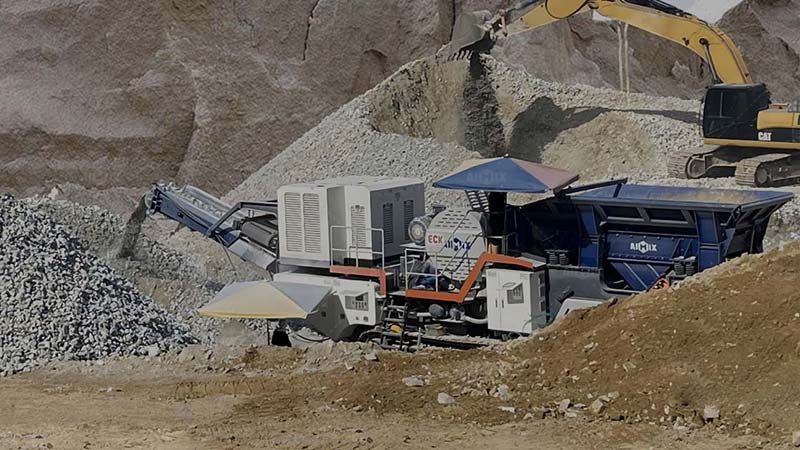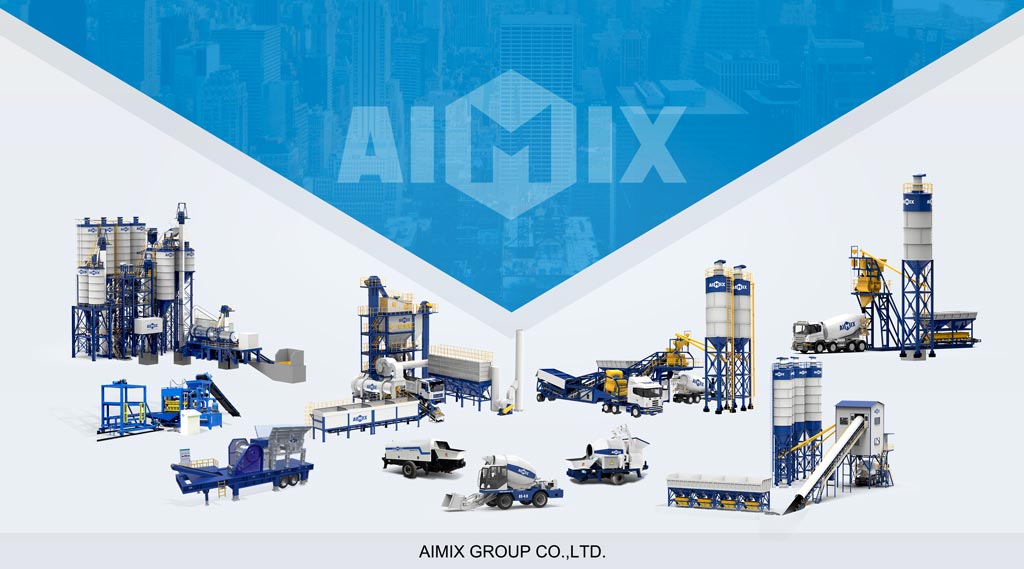Investing in a crusher plant is no small decision. It’s a commitment that can define the trajectory of your operations for years to come. With such high stakes, evaluating the critical factors beforehand becomes indispensable. From operational demands to financial implications, every aspect demands a thorough analysis. Here’s a breakdown of the key considerations to guide your crusher plant investment decision.
Understanding Project Demands and Requirements
Assessing Material and Output Needs
Before committing to a crusher plant, you must have a clear understanding of your material requirements. Are you dealing with hard granite or softer limestone? Different materials demand different crushing technologies, which directly impacts your plant choice. Equally crucial is the desired output. Whether it’s aggregates for road construction or finer particles for industrial use, ensuring the plant aligns with your production targets is essential. An ill-suited plant can lead to inefficiencies and unnecessary wear on equipment.
Evaluating Site Conditions and Space Constraints
The physical characteristics of your site are just as important as the material you’re processing. Is the location sprawling or compact? Does it allow for stationary equipment, or do you need something mobile? Plants designed for open spaces may underperform in restricted environments, and vice versa. Carefully matching the plant to your site conditions can save you a logistical headache and improve overall productivity.
Financial and Operational Considerations
Balancing Initial Investment and Long-Term Costs
While the upfront cost of a crusher plant can be daunting, it’s only part of the financial equation. Maintenance, energy consumption, and operational efficiency contribute significantly to the overall expense. Choosing a cheaper option upfront might seem appealing, but it often leads to higher costs down the line. Focus on total cost of ownership to ensure your investment pays off in the long run.
Considering Scalability and Future Needs
Projects evolve, and so do their demands. Investing in a crushing station that can scale with your growing needs offers flexibility and reduces the risk of early obsolescence. Look for modular designs or systems that can handle capacity upgrades without requiring a complete overhaul. Future-proofing your investment minimizes disruptions and maximizes return over time.
Technology and Environmental Impact
Leveraging Advanced Features for Efficiency
Modern crusher plants come equipped with innovative features like automated controls, real-time monitoring, and energy-efficient designs. These advancements enhance operational efficiency while reducing downtime. Such technology-driven solutions are no longer luxuries—they’re necessities in a competitive market. Adopting cutting-edge tech helps you stay ahead of the curve and improves overall performance.
Prioritizing Sustainability and Compliance
Environmental concerns are at the forefront of many industries, and crushing plants are no exception. Opt for systems with dust suppression mechanisms, noise reduction features, and compliance with local environmental regulations. A plant that meets sustainability goals not only aligns with global trends but also protects you from costly legal complications.
Investing in a crusher plant is a nuanced decision requiring careful thought and planning. By considering project-specific needs, financial implications, and technological advancements, you can ensure that your investment serves its purpose effectively. With the right approach, this commitment becomes a cornerstone for growth and success in your operations.


Comments
No comments yet. Be the first to react!